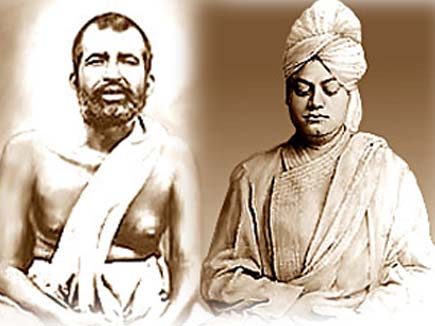Trusting In Trust
Now, let me divide these three parts again from a different direction.
The first part of humanity has doubt as its soul, and the doubt is so strong that it is almost like a trust in doubt, believing in disbelief. It is so strong because the first part of humanity – the greater part – the major part, never doubts its own doubt. It trusts doubt.
If you are so much in doubt, so certain in doubt, you will be completely closed. Not even a single window will be open. To be a disciple is very very far away; even to become a student is difficult then. Even the idea that somebody knows more than you is impossible for you to entertain.
This part remains foolish, stupid. It is a stonelike part, dead, with no life, because unless energy is moving continuously into the unknown, you can’t have life. When every day you move into the unknown, only then you are alive, throbbing. Your heart is beating. You are growing. Growth is always from the known into the unknown.
The second part of humanity inquires; its doubt is shaken. But its trust is not yet grounded. No more is it part of the greater humanity, it has moved away from them a little bit – even that little bit is too much to allow them to go back – but it is still in limbo, just hanging in the middle. It has no trust.
The first part trusts too much in doubt, the second part has come to doubt its doubt, but a trust is not born.
The third part is trusting in trust. The trust is absolute. The people of the second part will call you blind. Your SHRADDHA, your trust in trust, will appear to them as blindness. The first part of humanity will call you mad. Your trust will look just like madness. How can a person who thinks believe so totally? It is impossible. But to the third part, to whom trust has happened, the blindness will be the only capacity to see. And madness will be the only sanity.
These three different humanities have different languages. They don’t communicate with each other – it is almost impossible. It is just like when you are talking to somebody who does not know your language, and you don’t know his language – at the most through gestures a little communication is possible, but not much.
Sufis say that only the third part of humanity can learn.
Sufi masters are very choosy. It is very difficult to be accepted by a Sufi master, very very difficult. They create all sorts of obstacles around them. First, they live in such an ordinary way that you cannot suspect that here is a master. They live in absolutely ordinary ways. For example, the master may be a blacksmith or a shoemaker or a carpet-maker or a butcher or a carpenter – just the very ordinary world. You cannot suspect that the man who makes your shoes and repairs your shoes is a master. He won’t allow any suspicion; that is the way he protects himself from those who are not ready but think themselves ready. From intruders he protects himself in this way.
You will never see a Sufi master going to the mosque or the temple – to any public place – to pray. No, he prays when everybody is fast asleep, in the midnight. Even his wife may not suspect that this man has attained. No, this is part of the Sufi method – not to allow anybody to know.
Tags: An Inner Mutation Become Headless Meaning Of Death Togetherness Trusting In Trust Truth Cannot Be Taught










